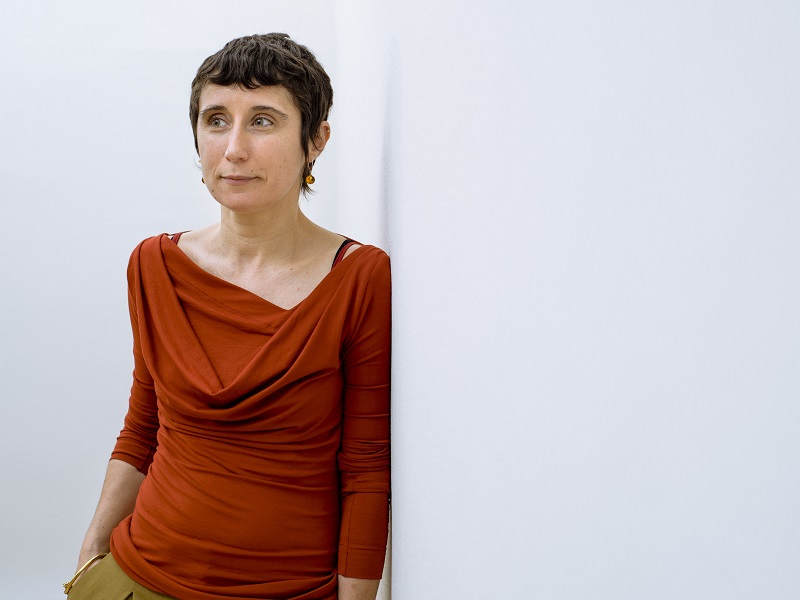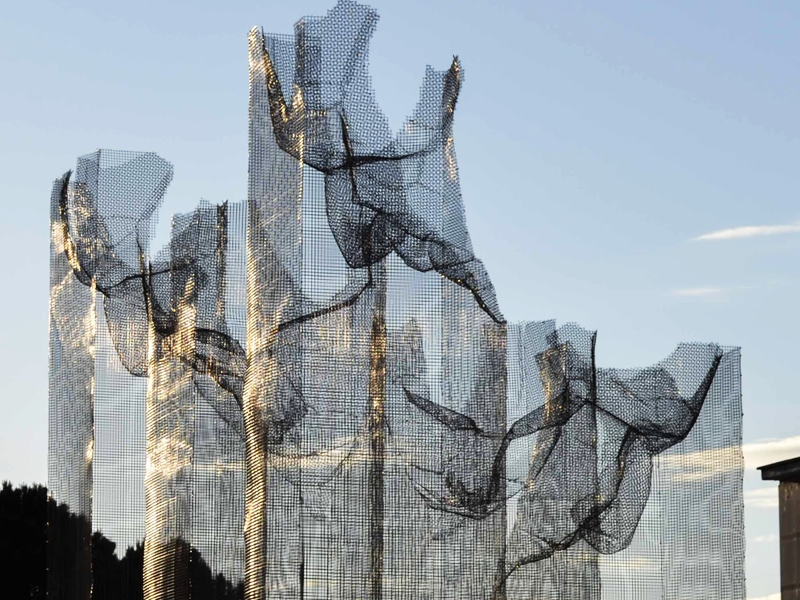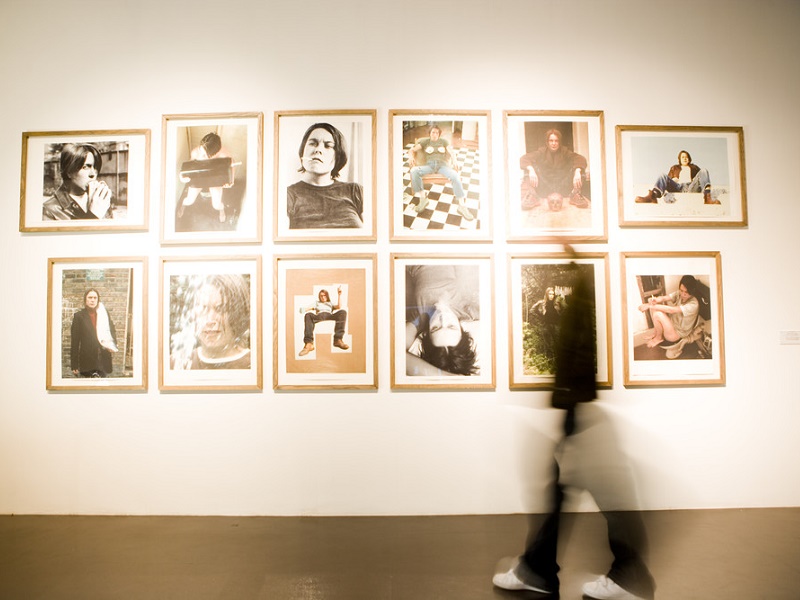
Cristina Farinha: The creative community may have a pivotal role for Azerbaijan´s economy
Azerbaijan has been determined to diversify and invest in the competitiveness of non-oil industries based on innovation and cooperation of state-run and private sector. This policy vision includes promotion of entrepreneurship, easier access to finance, strengthening links between science and production, increase the share of education in GDP, foster digital technologies and content creation prospects as well as develop the country´s tourism based on its specific cultural and natural heritage.
This context opens up favourable basis for the development of CCIs (culture and creative industries). The creative community may have a pivotal role for pioneering and paving the way for innovation and competitiveness of Azerbaijan´s economy.
The following set of recommendations intend to contribute to develop the country´s culture and creative industries:
1) The independent sector legal framework needs to be facilitated – including audiovisual and media - alongside the establishment of an arms length competitive funding system inclusive of diverse profiles and natures – with specific features for decentralisation, entrepreneurs and NGOs. These changes are essential for the independent scene to become stronger, develop leaderships, and collective alliances and collaboration practices across wide culture and creative community.
2) If content and experience economy development is a goal, then a joint national policy and legal framework needs to be set up. Notably including a CCIs council to promote inter-institutional interactions between tourism and other economic stakeholders and CCIs community to improve tourist offer and associated businesses and services. Crafts, carpets weaving, jewellery, accessories need to be qualified and linked to actual design and fashion but also communication and audiovisual experts.
3) In the domain of education and training, promotion of peer-to-peer learning and international exchanges for creative entrepreneurs and culture professionals may set new scenarios for collaboration. The establishment of fab labs, makers spaces and clubs within schools and higher education establishments would contribute to improve entrepreneurial capacity. The promotion of internships and international mobility programmes for study periods and exchanges would develop new skills and partnerships.
4) In order to raise awareness and cultural participation and consumption, the proliferation of media outlets and platforms to disseminate products and stories, internally and externally are crucial. Alongside, the development of mappings of CCIs resources and assets in cities and regions could also not only contribute to inform decentralised policy making but also engage citizens into political decision-making and culture.
5) Azerbaijan´s cultural diplomacy should be enlarged to include a wider CCIs perspective. This means highlighting and promoting its heritage and contemporary production – film, literature, music – notably mugham and jazz, crafts like carpet and jewels – for finding new markets and developing its tourism. In this context, pursuing and conclusion of negotiations with EU for membership to the Creative Europe programme would be a great entry door to European cultural and creative partnerships. Alongside, internally, the sector capacity to travel and to hold the skills to take part in international circuits is crucial. Travel grants, co-matching funds but also adequate legal regulations can favour a great deal. In this scenario, existing dynamics within EaP cooperation shall keep up. Peer to peer learning and piloting projects, research and knowledge building and common communication platforms can only strengthen EaP countries unique assets.
More about Forum: https://www.culturepartnership.eu/en/article/forum-azerbaijan
Cristina Farinha is a policy adviser, PhD and Associated Researcher at the Sociology Institute University Porto, Portugal, specialised in culture and creative economy. She works local and regional to European level with diverse institutions and networks as the European Commission, UNESCO, European Cultural Foundation, European Festivals Association and Asia-Europe Foundation, among others.




